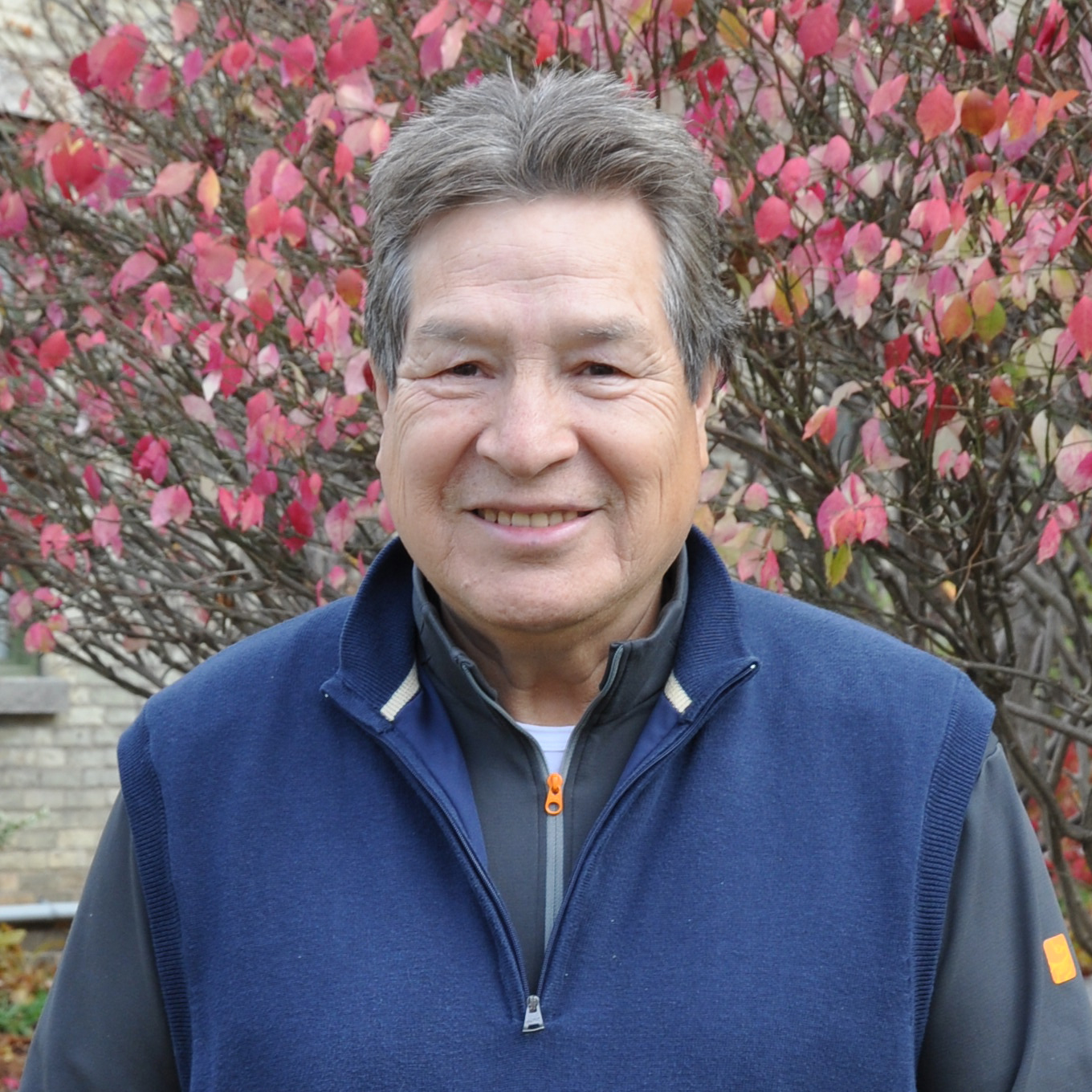Last year, the federal government introduced its First Nations control of First Nations Education Bill (Bill C-33) to substantial backlash from Indigenous communities across the country. The deceivingly named bill faced criticisms for its unnecessarily intrusive government oversight, transferring liability to First Nations without transferring authority and financing, and didn’t succeed in recognizing First Nations control over education.
Fast forward to today, and where are we? The federal government has not withdrawn Bill C-33 although it has gone through a second reading and can be passed into law at any time. The promise to come back to the table and negotiate after the election of a new National Chief has come and gone by the wayside.
In addition, we’ve seen the federal government release education infrastructure funds, but at such an inadequate amount it wouldn’t meet the needs of First Nations within Ontario alone. They are using his release of funding to trumpet their success in education and to support their claim of working with First Nations. When challenged, they misdirect the public into believing they have fulfilled their obligations.
The federal government has a fiduciary and legal responsibility to provide education for First Nations, it also has a responsibility to do so in the best interests of our peoples. Forcing western education frameworks on our communities is not acting in our best interests. None the less, it’s exactly what Bill C-33 attempted to do and why First Nations across the country have outright rejected it. Yet the bill remains, and any progress towards a workable solution has completely halted.
Our children cannot continue to pay the price for this conservative government’s inability to act in an honorable way. It is our children who are being punished by continuing to receive substandard funding, limiting their quality of education. Where is the honour of the Minister? Where is the honour of the Crown?
Canada’s elementary and secondary systems are consistently ranked among the best in the world. Yet 60 per cent of First Nations youth living on-reserve have not obtained a high school diploma. This rate is four times higher than that of non-Indigenous youth across Canada.
When our students do enter the provincial system off-reserve they are confronted with racism, unsuitable teaching styles, curriculum that marginalizes them and a cultural space unlike their own. These barriers greatly impact their ability to succeed.
We know how to educate our children. Our traditional government and family systems have done so effectively for thousands of years. We have a way of transmitting knowledge that does not conform to western pedagogy. We need to return to Indigenous-led education systems that put our kids first and enables them to succeed in ways that western-based education models do not. It is time for the federal government to uphold the honour of the Crown and work with us for the sake of every Indigenous child in this country.
Canada needs to stop leaving First Nations children behind, withdraw Bill C-33 and work with First Nations towards a truly workable solution.
ABOUT AIAI
AIAI is mandated as a Provincial Territorial Organization (PTO) to defend and enhance the Aboriginal and Treaty rights of our seven member First Nations. Our member nations include: Batchewana First Nation, Caldwell First Nation, Delaware Nation, Hiawatha First Nation, Mohawks of the Bay of Quinte, Oneida Nation of the Thames, and the Wahta Mohawks. Learn more at www.aiai.on.ca, on Twitter@AIAI_comms and on Facebook.

